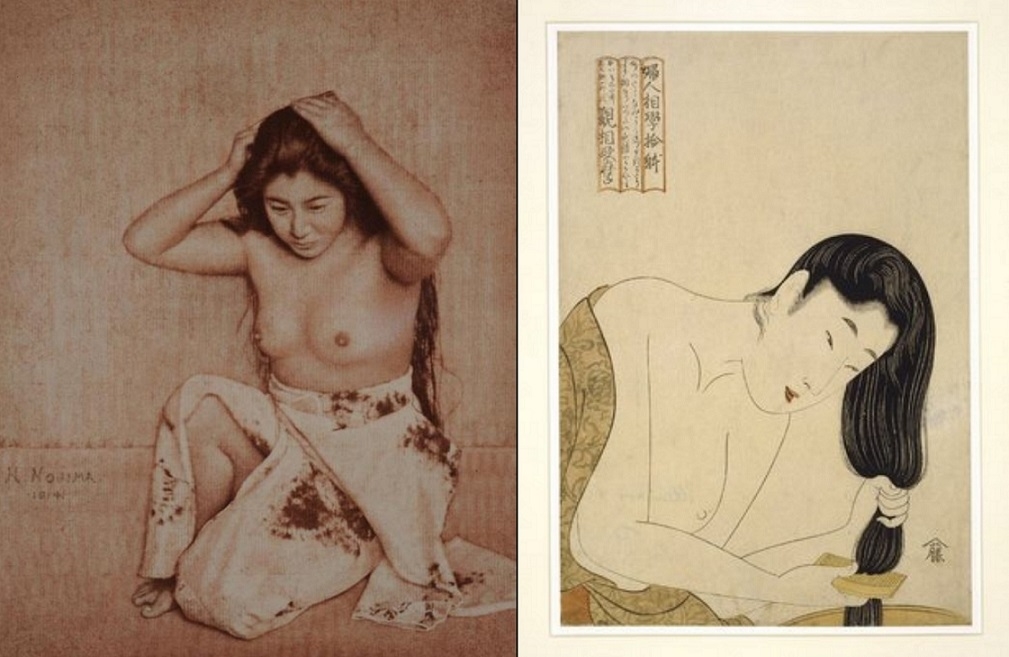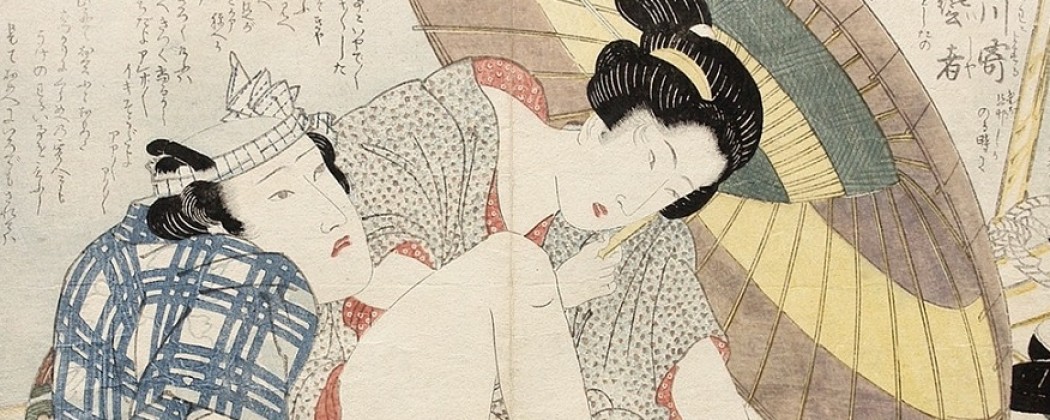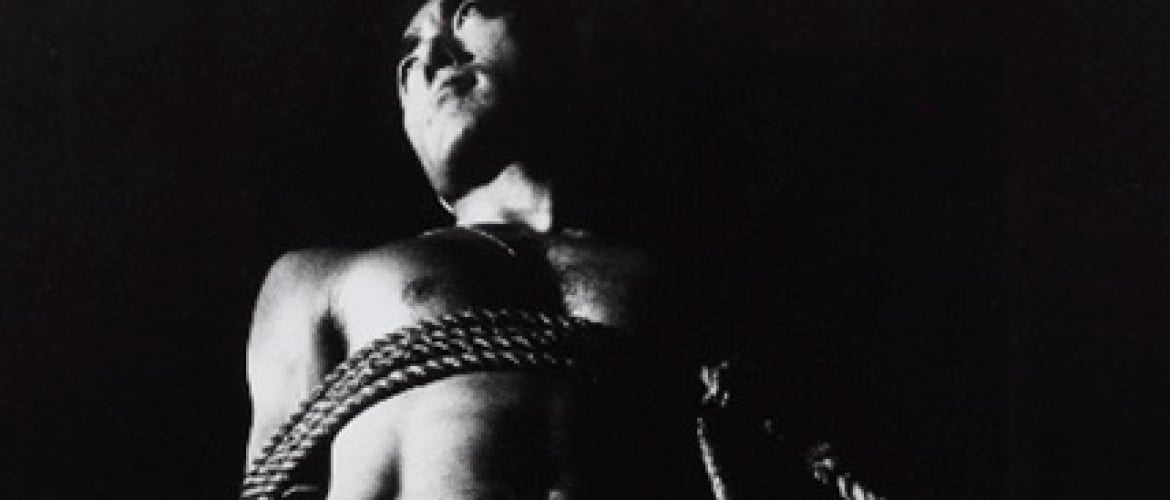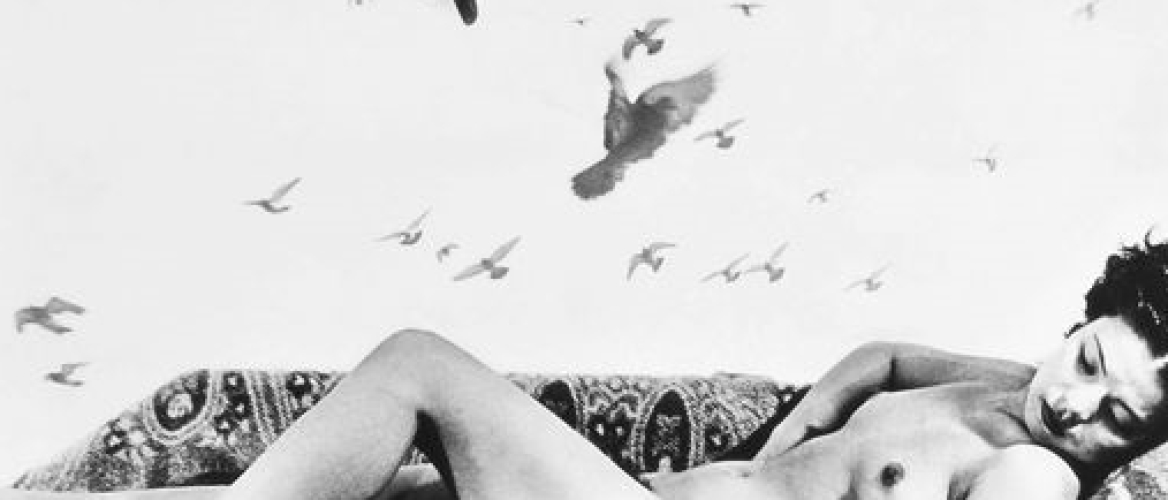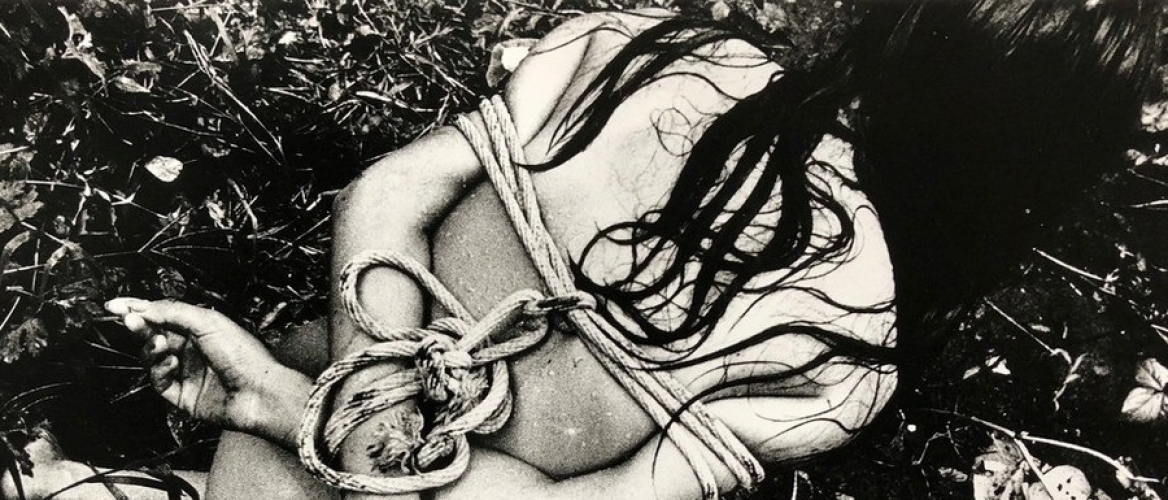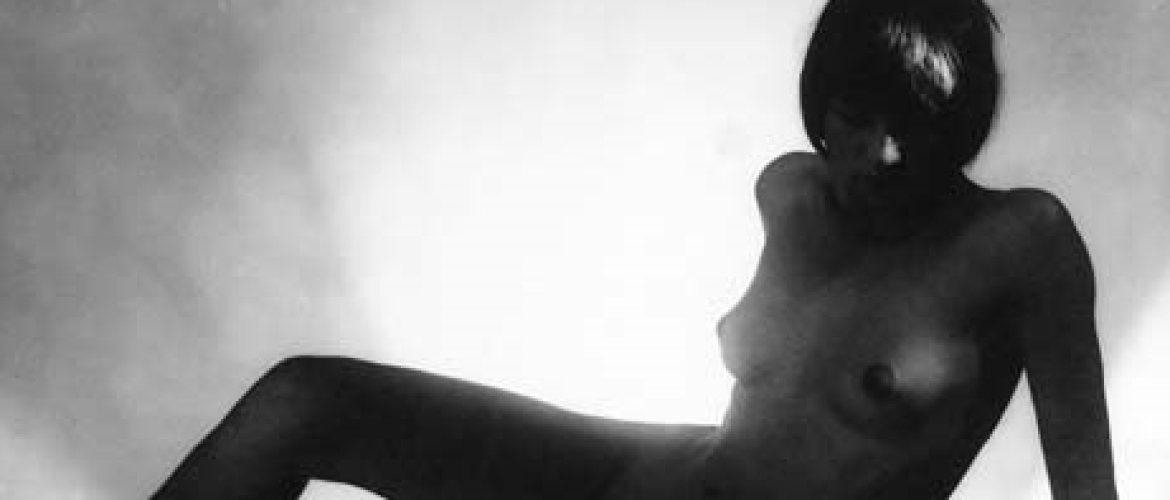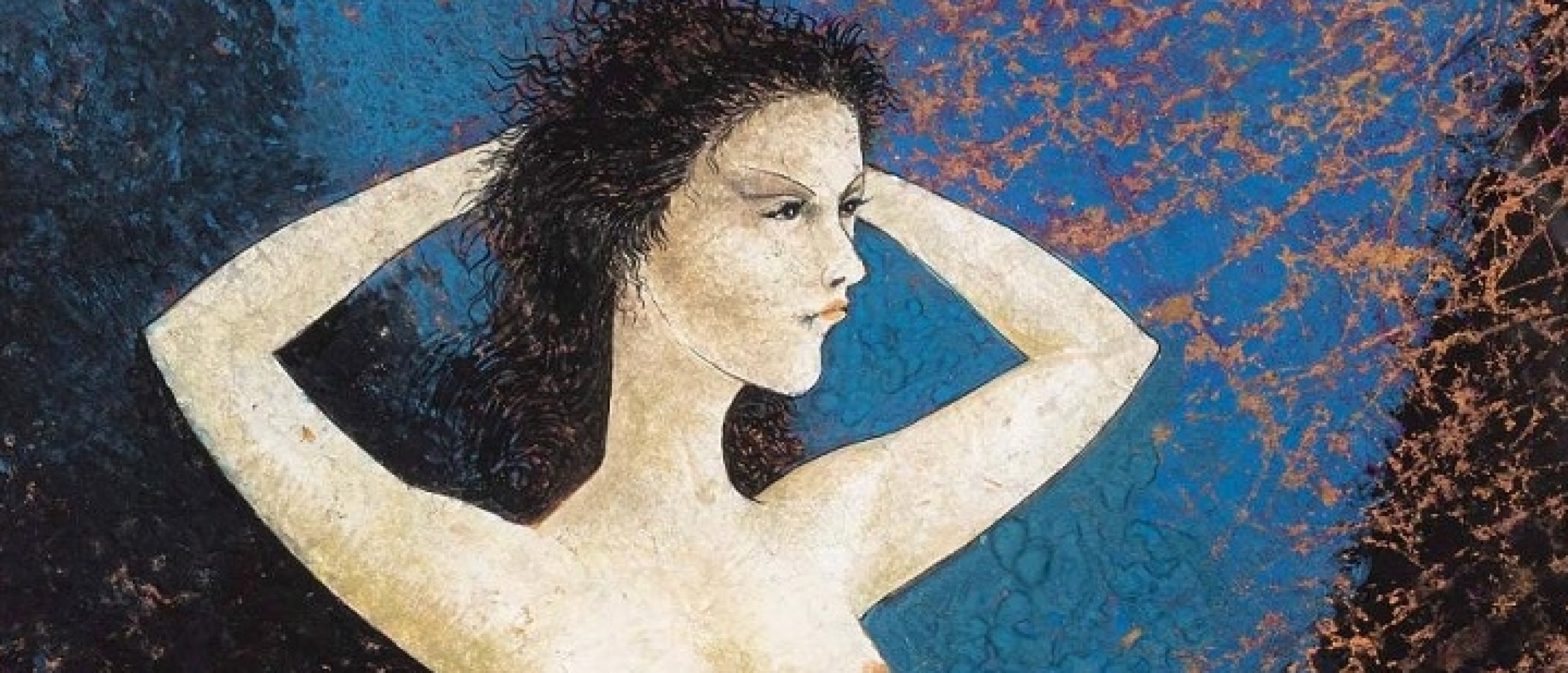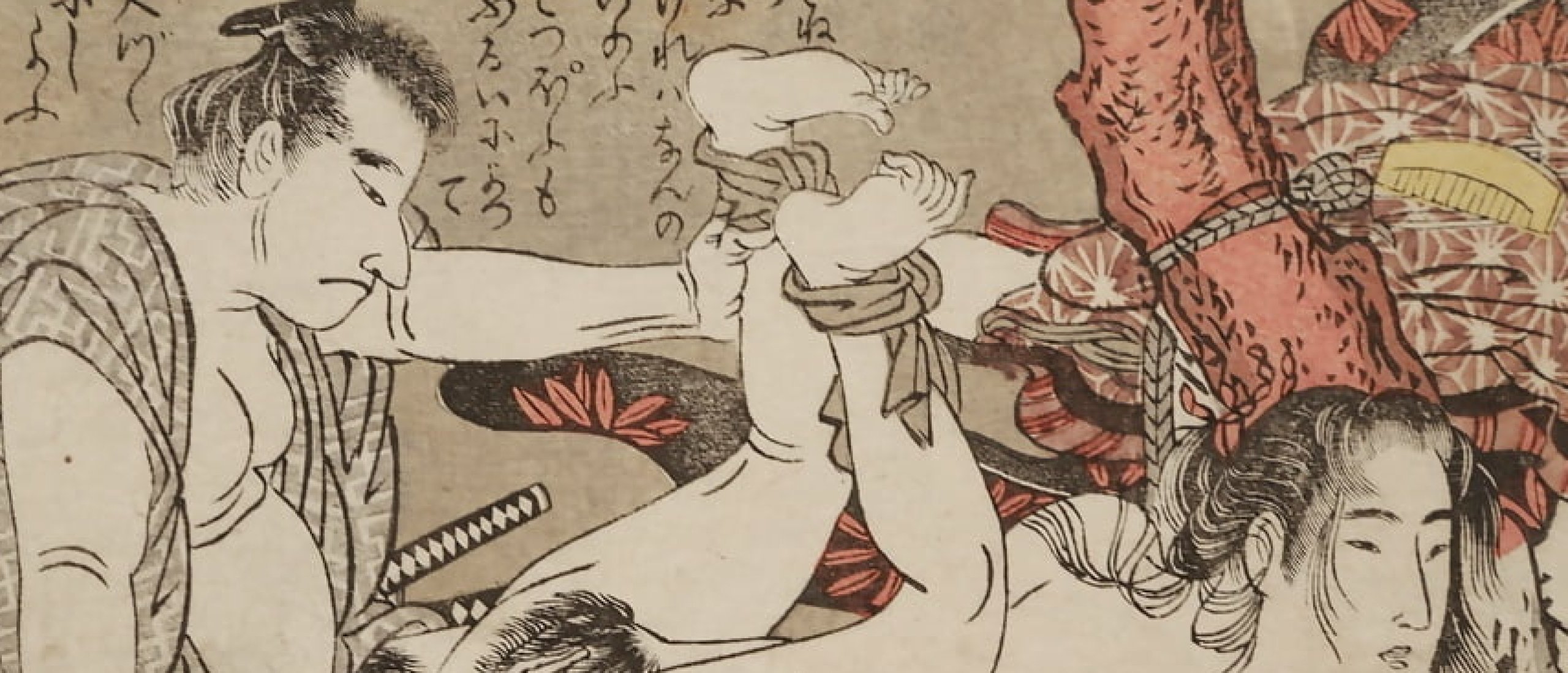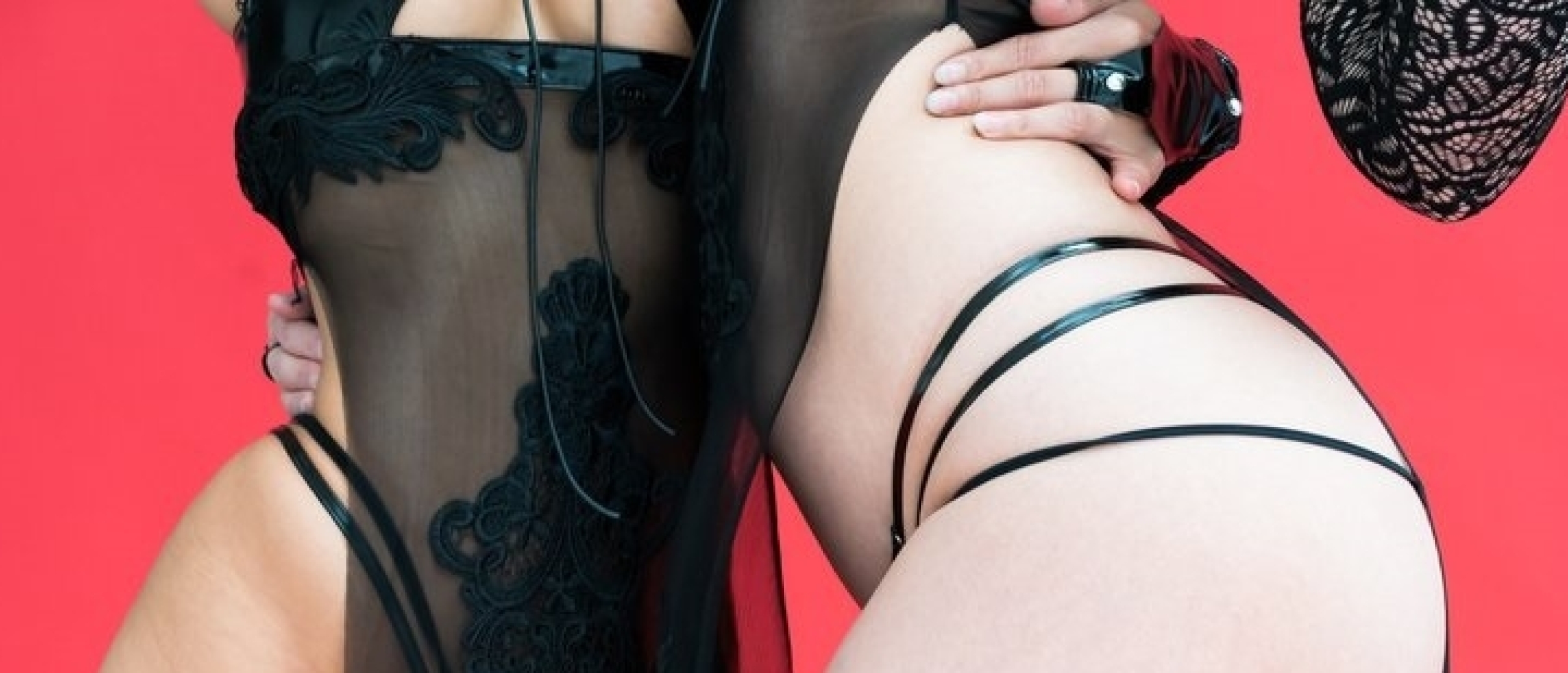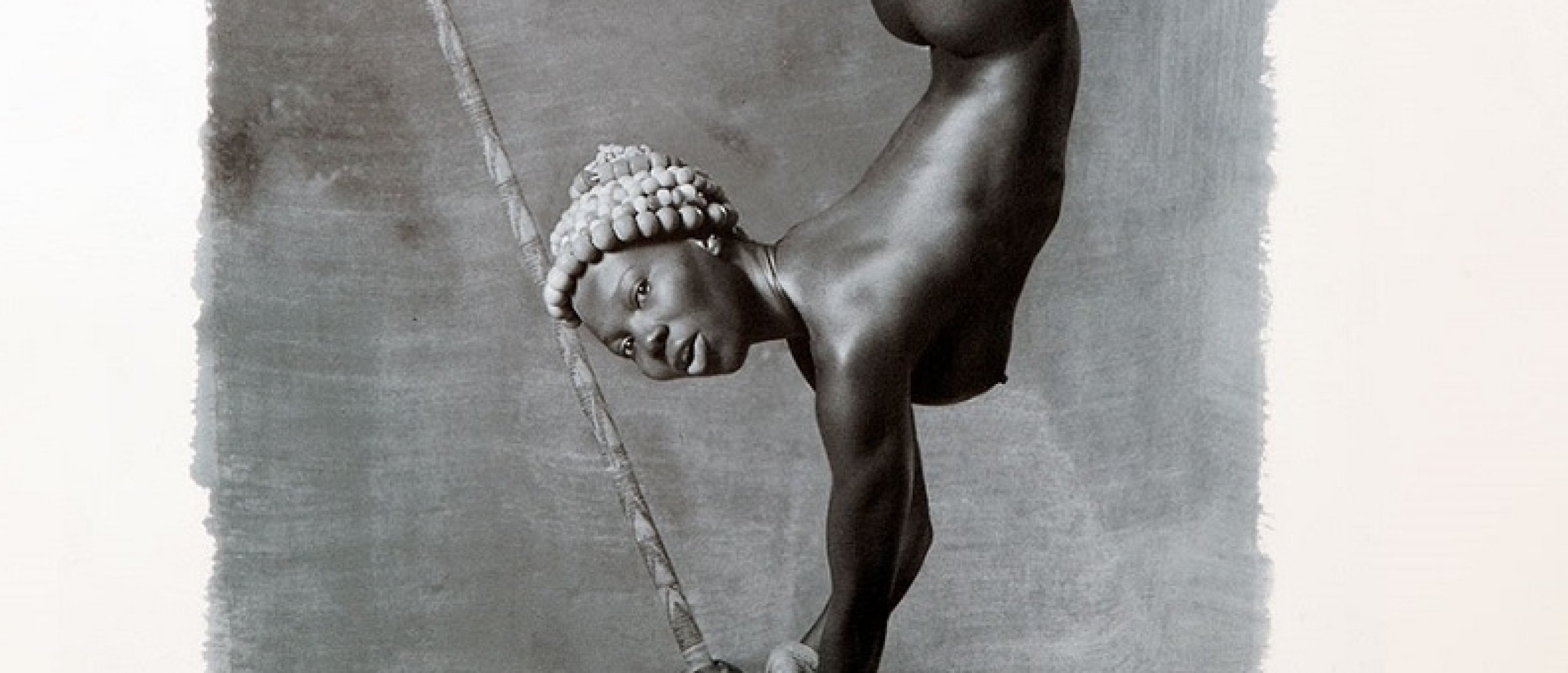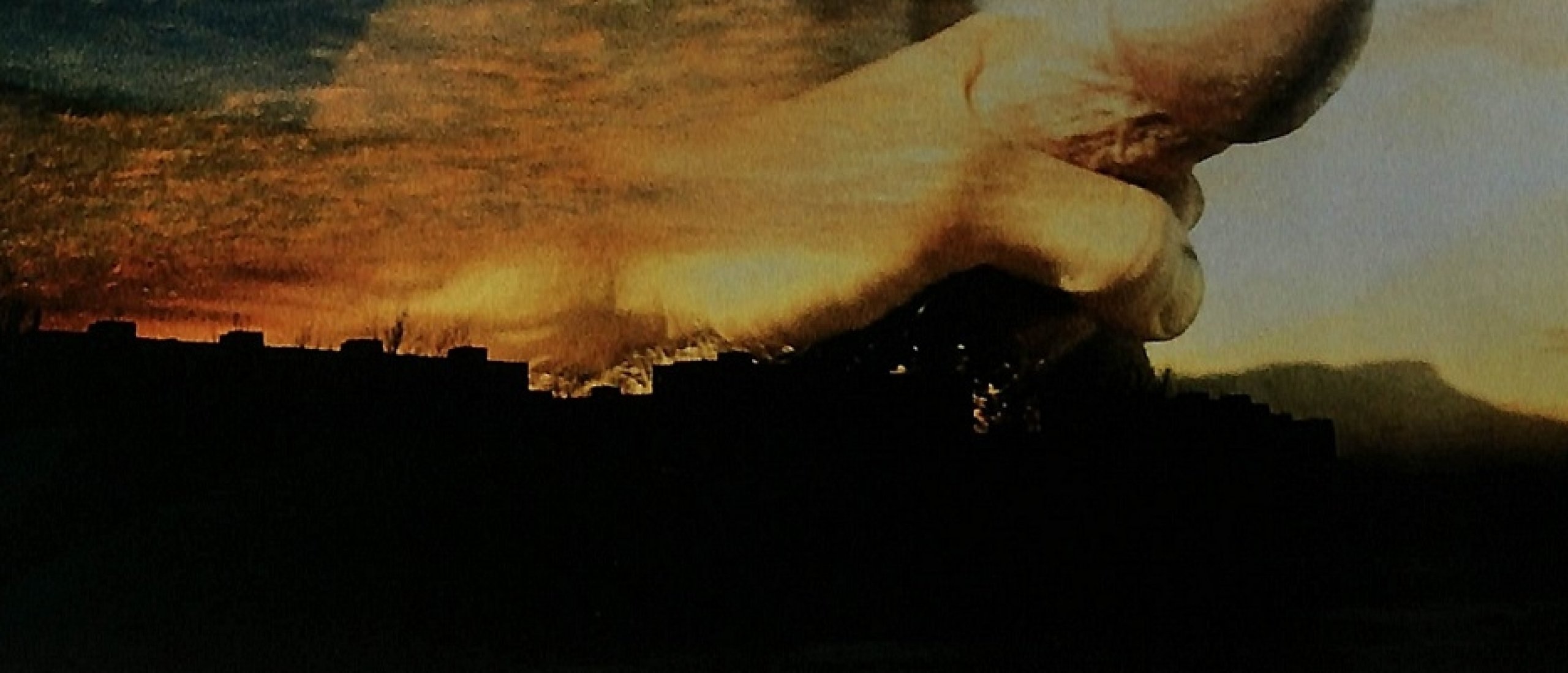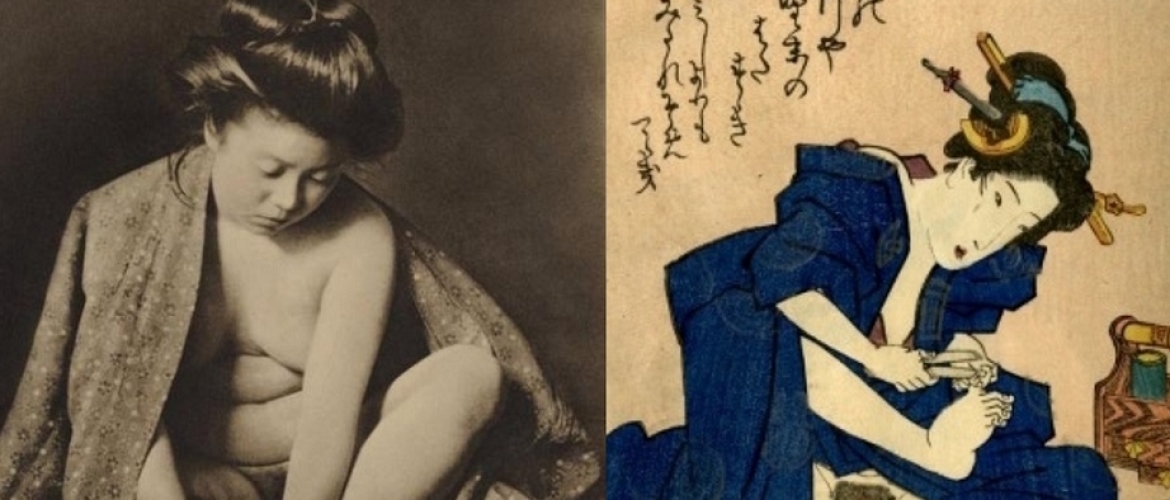
In one of our previous articles, we regarded Kansuke Yamamoto’s works as an example of productive westernization. Another Japanese photographer who successfully followed Western methods was Yasuzo Nojima (1889-1964). While the photographs of Yamamoto represent Japanese surrealism, the images by Nojima give us Japanese Vogue vibes.
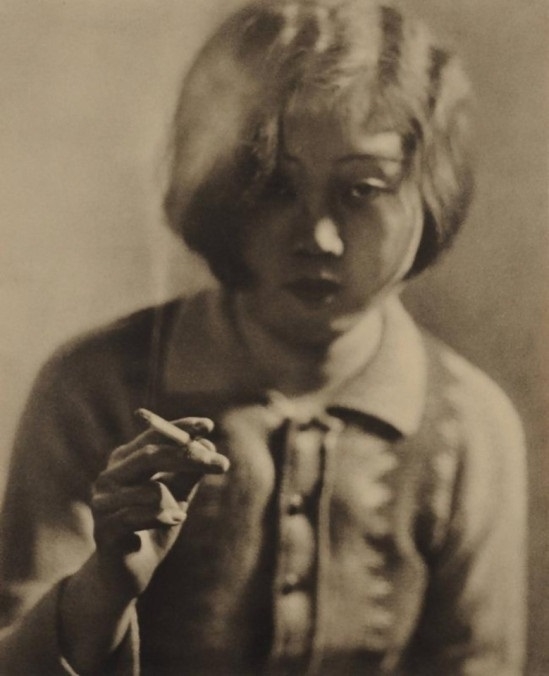
Fig. 1. Model E. 1931 (lapetitemelancolie.net)
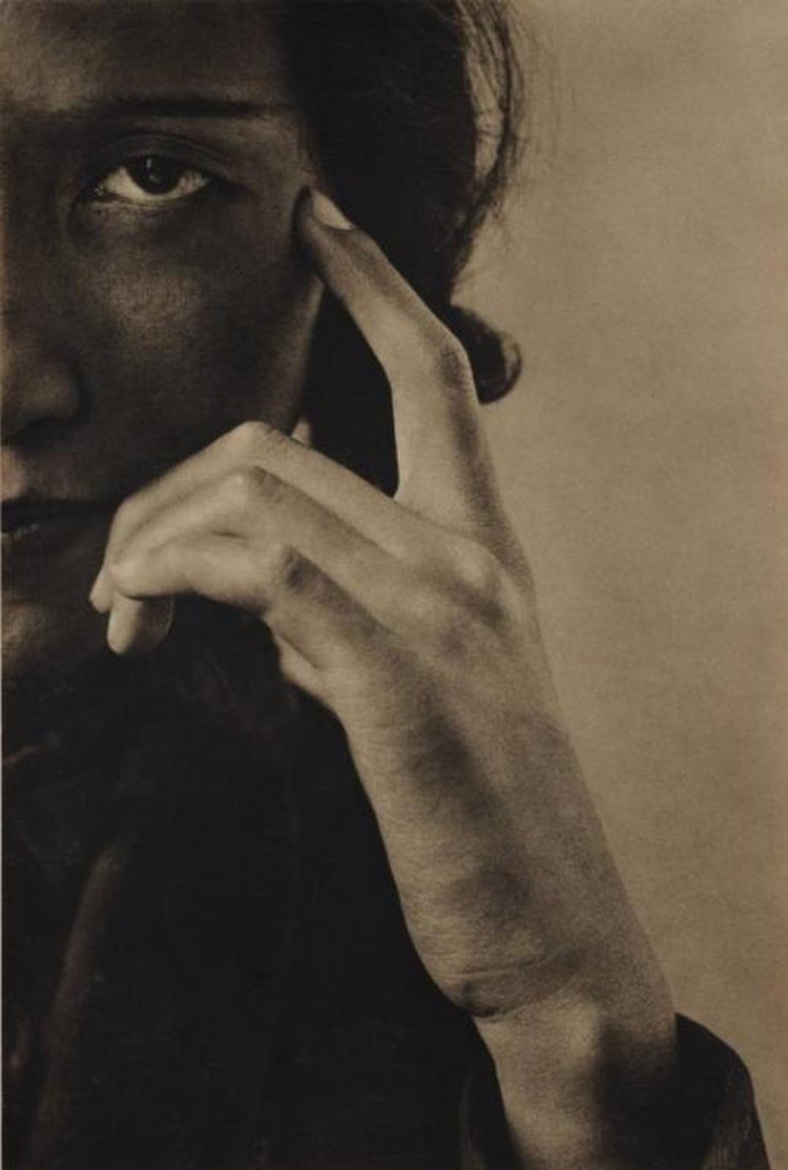
Fig. 2. Miss Chikako Hosokawa (theculturetrip.com)
Bio
Nojima was born into a family of wealthy bank manager. He began practicing photography at 17, being a student at the Keiō school. His first amateur exhibitions happened in 1909. That time he left his school studies to devote himself to photography. Several years later, in 1915, he opened the Mikasa studio in Tōkyō to exhibit the works of photographers and painters. In 1920, the studio was closed, but Nojima started painting himself. His pictures were shown in various Japanese salons. In the 1930s, together with Iwata Nakayama and Ihee Kimura, Nojima founded the Kōga review, which promoted modern photography. In 1939, the artist founded a photography club.
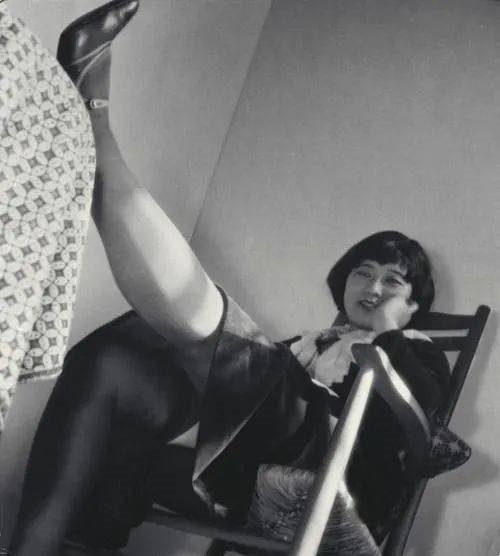
Fig. 3. twgreatdaily.com
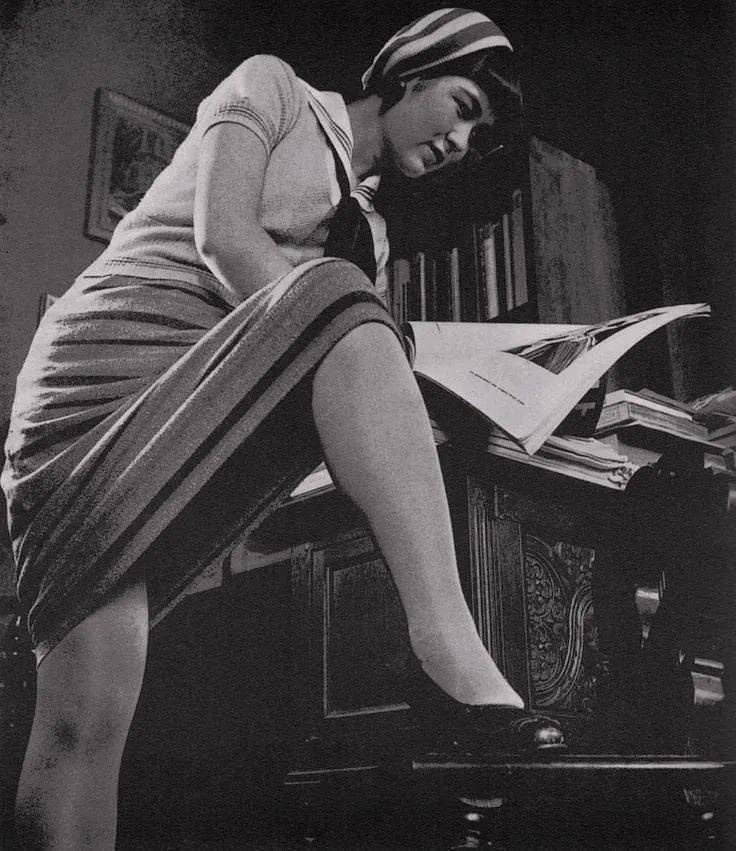
Fig. 4. twgreatdaily.com
To Paint a Photograph
Nojima was an artist willing to legitimate photography as art. He displayed this intention, being a founder of different platforms connected with the new medium. His ambitions were as well manifested by the ways he treated photography in early and mature periods. At the beginning of his photographic activity, Nojima stuck to pictorialism, which was the 19th-century movement considering photography as a form of fine art. The aim was to “paint” a picture using a camera. Thus, photography was supposed to stop being something profane and vulgar and took its’ place next to fine art oeuvres by imitating them. Pictorialistic period of Nojima makes us recall abuna-e designs of beauties by Utamaro or Kunisada.
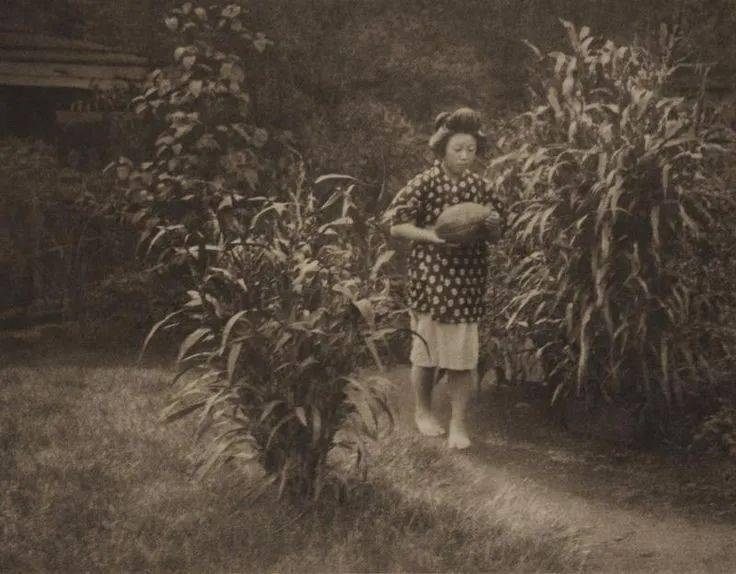
Fig. 5. Early photograph by Nojima (twgreatdaily.com)
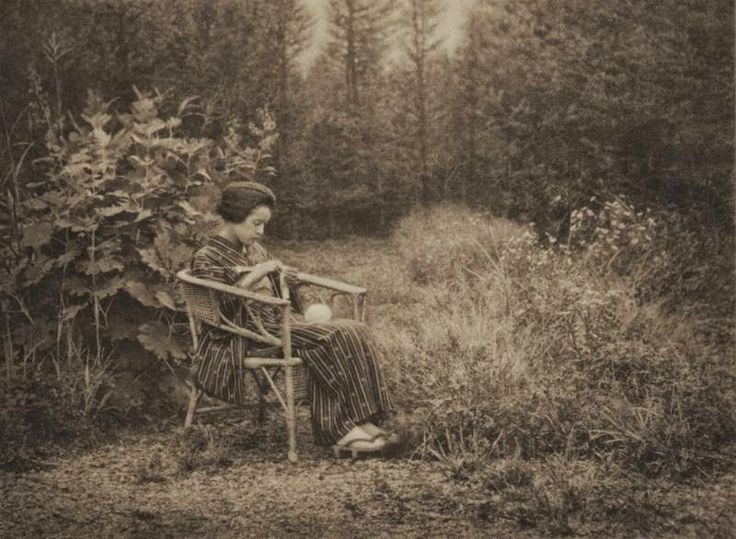
Fig. 6. Seating Woman (blogspot.com)
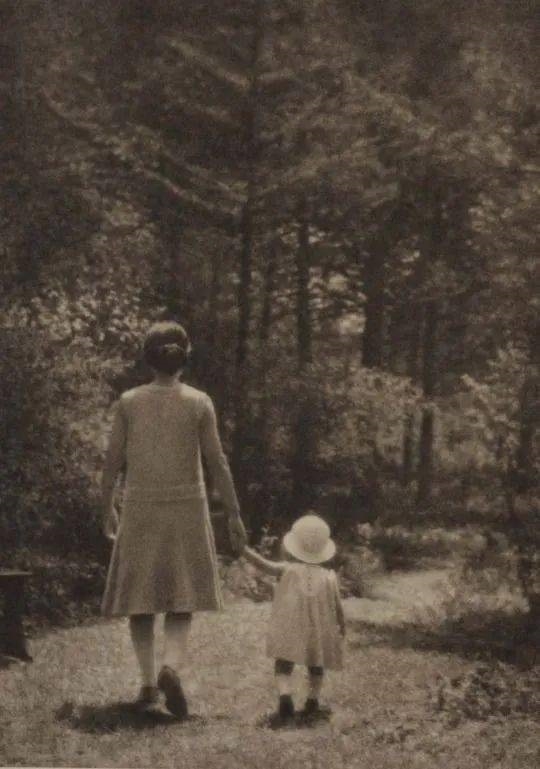
Fig. 7. Early photograph by Nojima (twgreatdaily.com)
